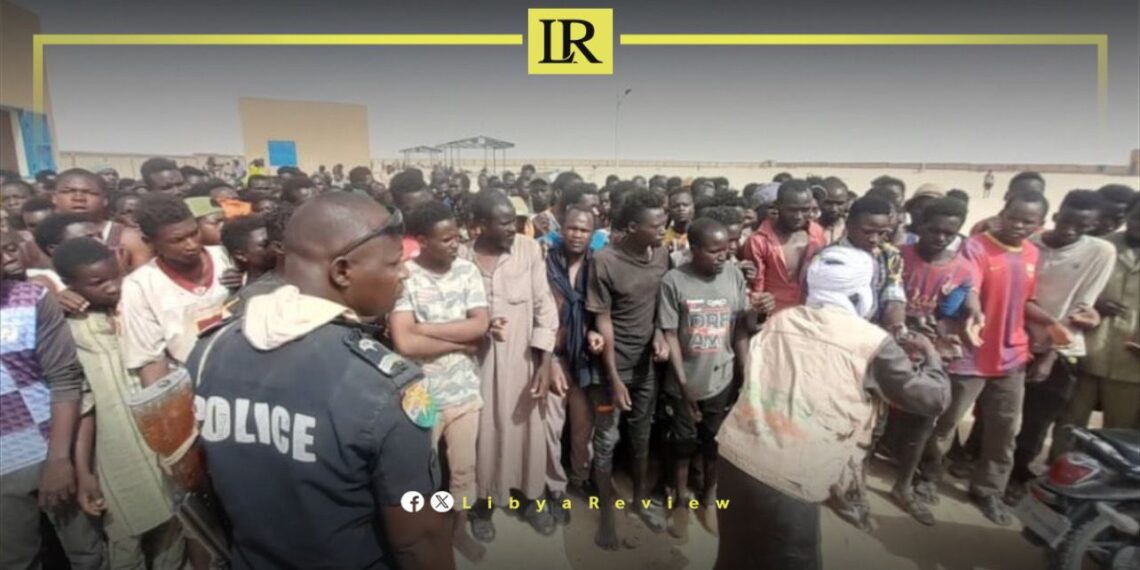In mid-July, over 450 Nigerien migrants were deported from Libya and left to traverse the unforgiving Sahara Desert. After an arduous journey spanning 1,000 kilometers, the migrants arrived in the town of Dirkou in eastern Niger, where they are currently awaiting transfer to the city of Agadez.
According to Migrant News, 463 migrants reached Dirkou on Thursday, July 18, following their expulsion from Libya. Reports indicate that a second wave of deported migrants is expected to arrive in the coming days.
The flow of migrants between Libya and Niger has intensified since November 2023, when Niger’s ruling military council repealed the law criminalizing the smuggling and transportation of migrants across borders. This policy change has led to increased movement and complicated the efforts to manage migration in the region.
Niger, often a transit country for migrants seeking to reach Europe, now faces new challenges as it deals with the influx of deportees from Libya. The migrants, expelled without adequate support, often endure harsh conditions during their journey through the Sahara Desert, one of the most unforgiving landscapes in the world.
The deportation of migrants from Libya to Niger raises significant humanitarian concerns. Migrants frequently face extreme heat, dehydration, and the threat of violence along their journey. International organizations have called for more robust measures to protect migrants and ensure their safe passage.
The International Organization for Migration (IOM) and other humanitarian agencies are providing assistance to the migrants in Dirkou, offering food, water, and medical aid. These organizations are also coordinating with Nigerien authorities to facilitate the safe transfer of migrants to Agadez, where they can receive further support.
Libya remains a major departure point for migrants attempting to cross the Mediterranean Sea to reach Europe. However, the country’s ongoing conflict and instability have led to severe human rights abuses against migrants, including detention, forced labor, and violence. Many migrants in Libya are held in detention centers under deplorable conditions.


